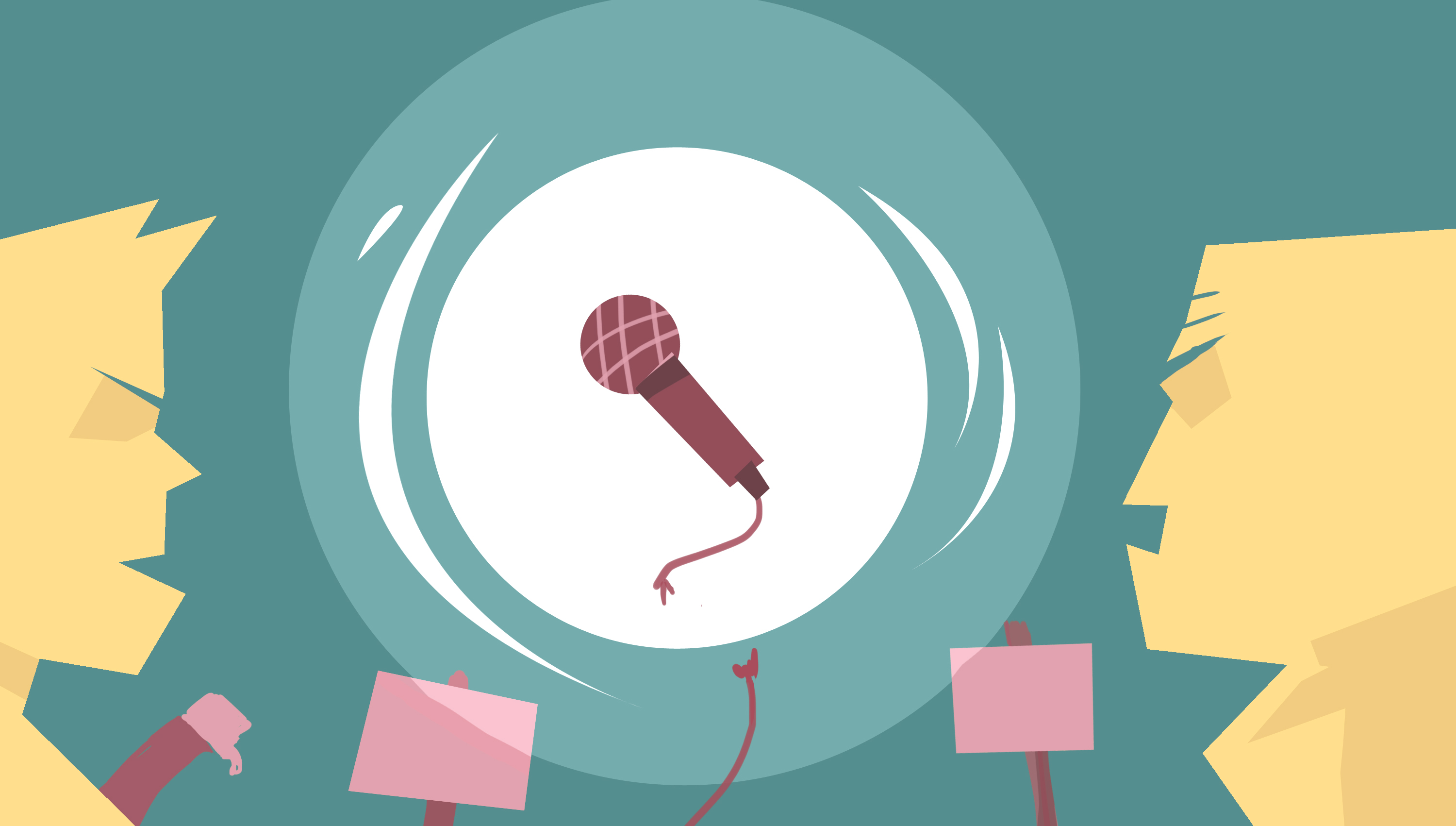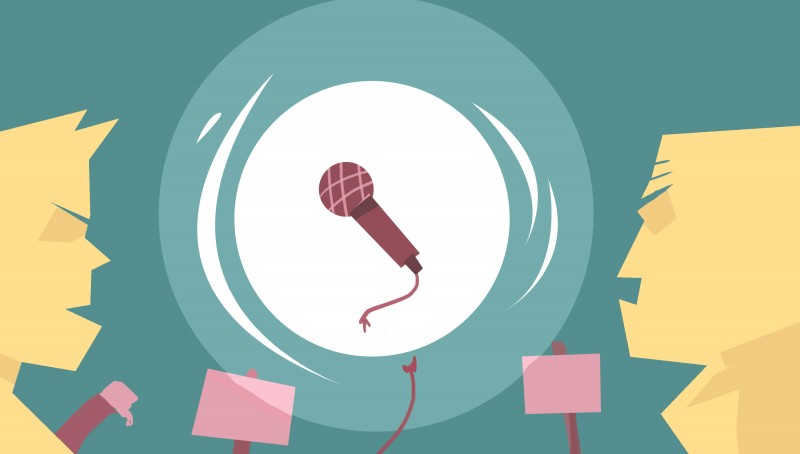Trying to survive in the age of outrage

The NXNE controversy almost crosses into the same absurd levels as GamerGate, and political correctness on university campuses.

@nxne you dun goof, you dun mad goof, you just lost an event goer @ActionBronson @WYAAAAATT #bringhimback
— Bryan Chen (@bzjygc) June 13, 2015
they replaced Action Bronson with Shad at NXNE but i have already seen Shad for free once and it was one time too many lol
— big fergie (@So_Occult) June 13, 2015
WOW Action Bronson no longer at NXNE that's some lame ass shit
— Marv (@MiCeron) June 12, 2015
https://twitter.com/RigaTonyyy/status/609784143157817344
they replaced my boy @ActionBronson at NXNE….. BOOOOOOOOOOOOOOOOOOOOOO
— Haji Springer (@saman1103) June 11, 2015
https://twitter.com/ryancl3gg/status/609036007208411138
“Don’t get me pissed off, fuck around rip your tits off, still getting head, even if my dick’s soft.”
Those are lyrics to the controversial song “Consensual Rape” by the controversial rapper Action Bronson, who was controversially removed from the public lineup at the North by Northeast festival which starts today in Toronto.
This controversy almost crosses into the same absurd levels as GamerGate, and political correctness on university campuses.
Here’s how it usually goes. One group interprets something someone did as controversial. Another group finds the outrage of the first group to be controversial in itself, which the first group then responds to with even more controversy.
Neither side wins anything; the original bearer of controversy is generally held accountable as long as the memories of the outraged last.
It’s enough for some people to swear off outrage all together. Jerry Seinfeld recently courted his own controversy with his comments about political correctness within stand-up comedy.
He complained people are too sensitive and becoming outraged about minutiae.
The consequences of controversial antics can be very harsh, as many people saw when Laurier alumnus Shawn Simoes was fired from his job at Hydro One after publicly and drunkenly defending the use of the “FHRITP” trend.
The storm that rained down on him left him jobless, but those who were outraged likely didn’t see that less than a week later an apology to the journalist he harassed was sent, which she described as “very sincere.”
Taking the Seinfeld route and stripping one’s self of the impetus of outrage feels like the easiest solution to the problem of outrage culture and socially enforced morality.
But really that’s just a mask to your outrage at the outraged.
There is another way to combat the problems with outrage culture and it is one that doesn’t strip people of their ability to express themselves: forgiveness.
This is significantly harder than the other route because it requires that we remain invested. But our culture’s reluctance to forgive is simply more notorious than outrage culture could ever be.
People are keen to call others out on things they’ve done and when the called out apologize, the calling out doesn’t know what to do with themselves.
Just like when someone commits a crime and is released after having “paid their debt to society,” many treat them as if they still owe us more.
Action Bronson’s lyrics, while reprehensible to the vast majority of people, are not deserving of a lifelong sentence to the dog house. Losing his spot at NXNE actually feels rather appropriate because it puts the ball in his court.
Does he apologize? Does he care about the ears of those who protested his spot in the festival?
Does he continue to go about his life and career unrepentant? Those are the questions, which he has to answer before our forgiveness or continued outrage is really merited.
The actions that merit an endless outrage are few and far between and generally come with a prison sentence called “life.” Maybe we should take a step back and think about what the goal of our outrage is, and when the statute of limitations on it runs out.

